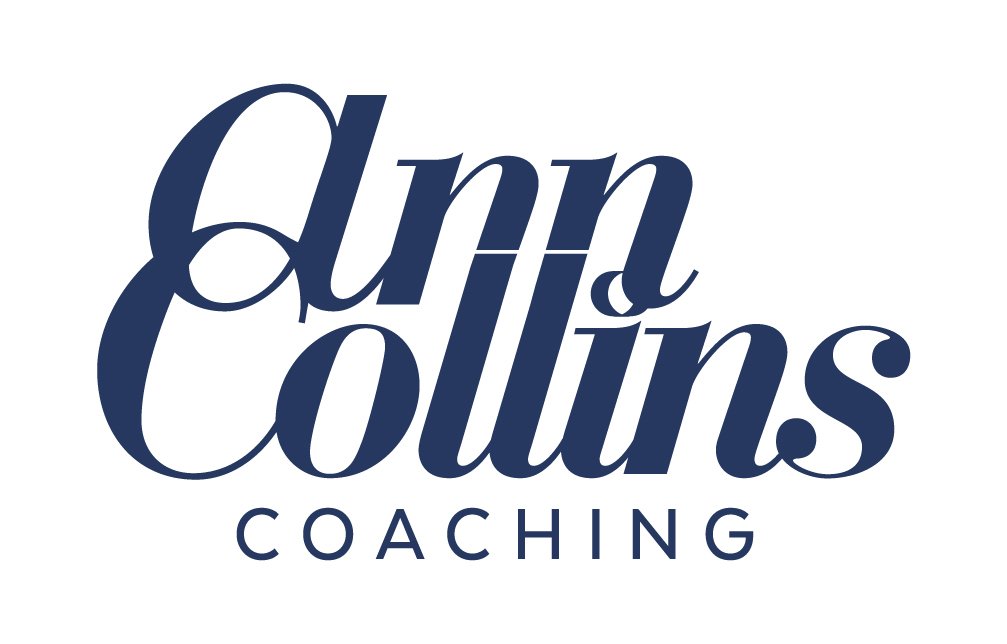“All shall be well”: A 14th-Century Lesson and a 2-Minute Practice That Works Today
As a Medieval History student, I was teased for my obsession with medieval monks!
To this day, I’m still the person who checks where the nearest abbey is when we go on holiday — and whose all-time favourite museum is the tiny but perfect Museum of Cluny in Paris.
What fascinated me then, and still does now, is the challenge of understanding how medieval writers and thinkers made sense of their world.
And what continues to strike me is how modern they often sound — with messages of hope and resilience in societies facing enormous challenges. Much like ours.
Perspective from a Pandemic… in 1348
In 1348, the Black Death arrived in England and killed many — possibly as much as half the population.
As a generation who’ve lived through a pandemic, we can begin to understand what it means to live through large-scale trauma. Not just the loss of life, but the social change that follows.
One author from that time is Julian of Norwich, a female mystic, who wrote extensively in the aftermath of the plague.
She wrote:
“All shall be well, and all shall be well, and all manner of thing shall be well, because God’s love hath no limit.”
Revelations of Divine Love, Chapter 27
Centuries later, even if the religious basis doesn’t resonate with you, her words can speak to us.
A Tool for Today: Journaling
This week, I spoke to a client about journaling — and the difficulty of making it a regular and quick practice.
Personally, I go through phases of writing freely or using a quote or question as a prompt. Julian of Norwich’s words came to mind again, and I sat down and wrote.
Here’s what came out — completely unedited. It’s not grammatically perfect, and it’s definitely not profound, but it may help you to see an example.
Journaling Prompt: “All shall be well…”
“All shall be well - ha! such certainty! Such hope! Wow. Wish I could really believe that. Yes, it’s certainty that “all will be well” that I crave so often and yet it’s the one thing that is never available. I need to think about that. How to deal with that? Do I deal with that? Yes, many times. Being uncertain about whether I would make new friends in new places - and meeting the best friends I could ever wish for in unexpected places over and over again - and the tough ones - losing a best friend, out of the blue, getting the call as I walked out the front door to rush to the shops. It was brutal. Still is. Did I cope? I don’t know, but I’ve learnt to live again. I’ve learnt to hope that all will be well.
Is that what it means? “All shall be well.” It all passes and we learn to live again with the positives and the tough times. I can hope and believe that I can learn to live again. Instead of craving certainty, can I focus on that? I think I can try.”
Why I’m Sharing This
This journal entry took less than two minutes to write, but you can hopefully see the small shift in my thinking.
Sometimes, it’s easy to believe we need complex “tools” for personal development. In truth, when we give ourselves the space to think, put words to feelings, and gain perspective, our thoughts start to move.
Journaling, like coaching, creates that space.
